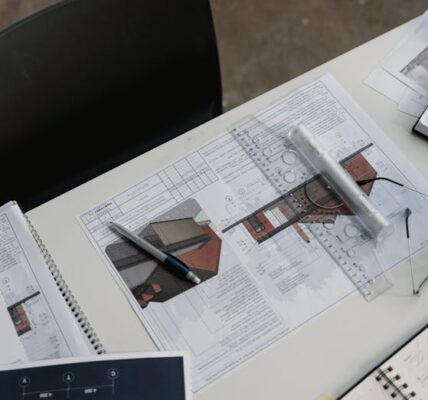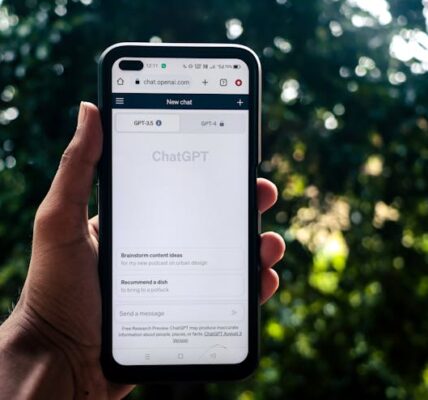Prompt Engineering in Healthcare: Revolutionizing Patient Care
When it comes to prompt engineering in healthcare, the potential for transformative change in patient care and medical workflows is immense. This discipline, emerging at the intersection of technology and medicine, involves crafting inputs that lead to highly effective outputs from artificial intelligence (AI) systems, thereby enhancing healthcare delivery.
The Significance of Prompt Engineering in Medical Settings
Prompt engineering is not simply about programming an AI; it’s about understanding the nuances of human language and the context within which healthcare providers operate. In the clinical environment, this means creating prompts that can efficiently extract information from vast medical databases or assist in diagnosing conditions through symptom analysis provided by AI systems.
Optimizing Electronic Health Records (EHRs) with Prompt Engineering
EHRs are a staple in modern medical practice, housing patient histories, lab results, and treatment plans. However, the sheer volume of data can be overwhelming for healthcare professionals. Through prompt engineering, AI can be guided to sift through this data and surface relevant information quickly, enabling clinicians to make more informed decisions.
Enhancing Diagnostic Procedures
The role of prompt engineering extends to diagnostic processes. By carefully structuring prompts, AI tools can assist pathologists in identifying disease markers in imaging studies or help in the interpretation of genetic tests, making prompt engineering an invaluable asset in the diagnostic arsenal.
Personalized Patient Interactions
AI-driven chatbots and virtual health assistants, powered by sophisticated prompts, can deliver personalized health recommendations and reminders, thereby improving patient engagement and adherence to treatment plans.
Streamlining Administrative Tasks
Administrative burdens in healthcare are significant, but with well-engineered prompts, AI can automate tasks such as appointment scheduling, billing, and insurance claims processing, enhancing efficiency and reducing the risk of human error.
Training and Simulation
Medical training can be augmented with AI simulations, where prompt engineering plays a critical role in creating realistic scenarios for learners to navigate, thus improving their decision-making skills before they treat actual patients.
Challenges and Ethical Considerations in Prompt Engineering for Healthcare
While the benefits are substantial, prompt engineering in healthcare is not without its challenges. Ensuring data privacy and security is paramount, and the prompts must be designed to avoid bias and maintain patient confidentiality. Moreover, the ethical implications of AI in patient care must be carefully considered, ensuring that the technology supports, rather than replaces, the human element of healthcare.
Future Directions in Healthcare Prompt Engineering
The future of prompt engineering in healthcare is bright, with ongoing research and development aimed at enhancing AI’s ability to understand and process complex medical data. As this field matures, it holds the promise of further empowering healthcare professionals and improving patient outcomes.
In conclusion, prompt engineering stands at the forefront of a significant shift in healthcare. By harnessing the capabilities of AI through well-crafted prompts, the medical community can unlock new levels of efficiency, accuracy, and patient-centered care. It’s an exciting time for technology and medicine to converge, and the possibilities are boundless.










